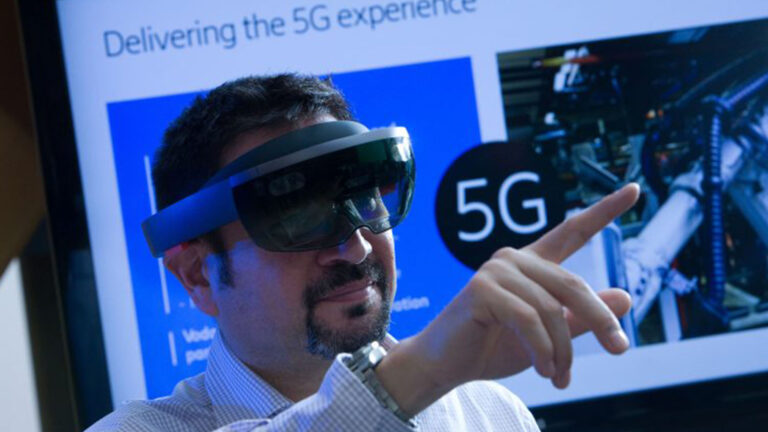A new report says that many UK cities are falling behind digitally, which means businesses may struggle to compete nationally and internationally.
The study by think tank Centre For Cities – supported by Telefónica UK – examined the take up of fixed and mobile connections.
It recommended that cities needed more powers and resources from the government to address the digital divide and also make better use of existing technology to transform public services.
The “digital divide” is the gap between availability of super fast broadband and the take-up. It argues that this will become even more critical ahead of the planned full fibre and 5G roll-out.
“The UK has invested significantly in becoming a global leader for digital infrastructure, but action is needed to ensure more people and businesses in cities across the country can benefit from this technology,” explained Andrew Carter, chief executive of Centre for Cities.
“We also need a concerted effort from national and local leaders to ensure cities can provide the best possible built environment to deliver new digital infrastructure in the coming years, such as the rollout of full fibre and 5G.
“Other cities and countries across the world have ambitious plans to capitalise on digital technology – UK cities must do the same to compete with global counterparts as we leave the EU.”
The UK cities with the biggest broadband take up gap include 3 in the North of England.
Blackpool is second, only behind Aberdeen, with 95% of homes having access to super fast broadband, but a take-up of only 35%.
Wakefield follows closely behind, then comes Blackburn.
No Northern towns or cities feature in the list of cities with the smallest broadband take-up gap.













